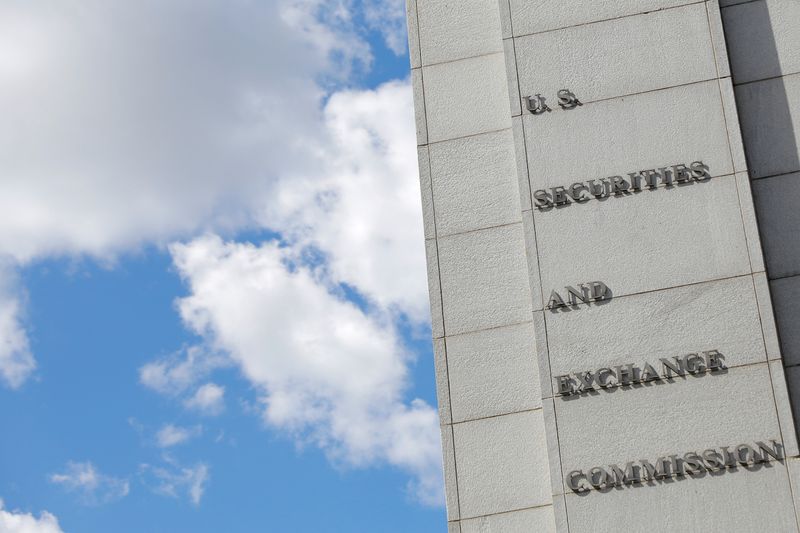By Chris Prentice and Michelle Price
WASHINGTON (Reuters) - The U.S. Securities and Exchange Commission, led by chair Gary Gensler, on Wednesday voted to overhaul private fund rules, one of several rule changes the agency has targeted at the country's funds sector. Together, the changes mark the biggest industry overhaul in living memory. Here are the highlights:
PRIVATE EQUITY, HEDGE FUND FEES
The SEC on Wednesday finalized a sweeping overhaul of private rules with the aim of increasing transparency and fairness in the industry which oversees more than $20 trillion in assets. The changes include boosting disclosure requirements, barring certain types of fees, and requiring regular audits.
MONEY MARKET FUNDS
The SEC in July finalized rules aimed at increasing the resilience of the $5.5 trillion money market fund industry.
Among the changes were a contentious new rule that requires money market funds to impose mandatory fees when a fund experiences daily net redemptions that exceed 5% of net assets, unless the fund's liquidity costs are negligible. It also gives a fund's board the discretion to impose a fee if necessary.
Other changes include increasing the proportion of liquid assets funds must have on hand, and scrapping redemption suspensions which can panic investors into making withdrawals.
MUTUAL FUND LIQUIDITY, PRICING RULES
Similarly, the SEC has proposed new rules aimed at better preparing the broader mutual fund industry for distress. That change would demand that least 10% of mutual funds and some exchange-traded funds' net assets are highly liquid so they can better withstand redemptions.
HEDGE FUND "FORM PF" DISCLOSURES
The SEC in May adopted amendments to the forms that private funds must file with the regulator, requiring large hedge fund advisers and all private equity fund advisers to file such reports at times of significant stress, including significant margin events or the termination of prime broker relationships.
BENEFICIAL OWNERSHIP REPORTING
The agency last year proposed halving to five the number of days investors have to disclose when they have amassed a 5% stake in a public company. The rule is aimed at activist investors who build positions in companies through open market purchases. The SEC says speeding up the disclosures is fairer on retail investors, who are disadvantaged by the current 10-day window.

DEALER DEFINITION
The SEC has drafted a plan to expand the definition of broker-dealers and require that Principal Trading Firms register with the agency in a bid to enhance market resiliency and help level the playing field.